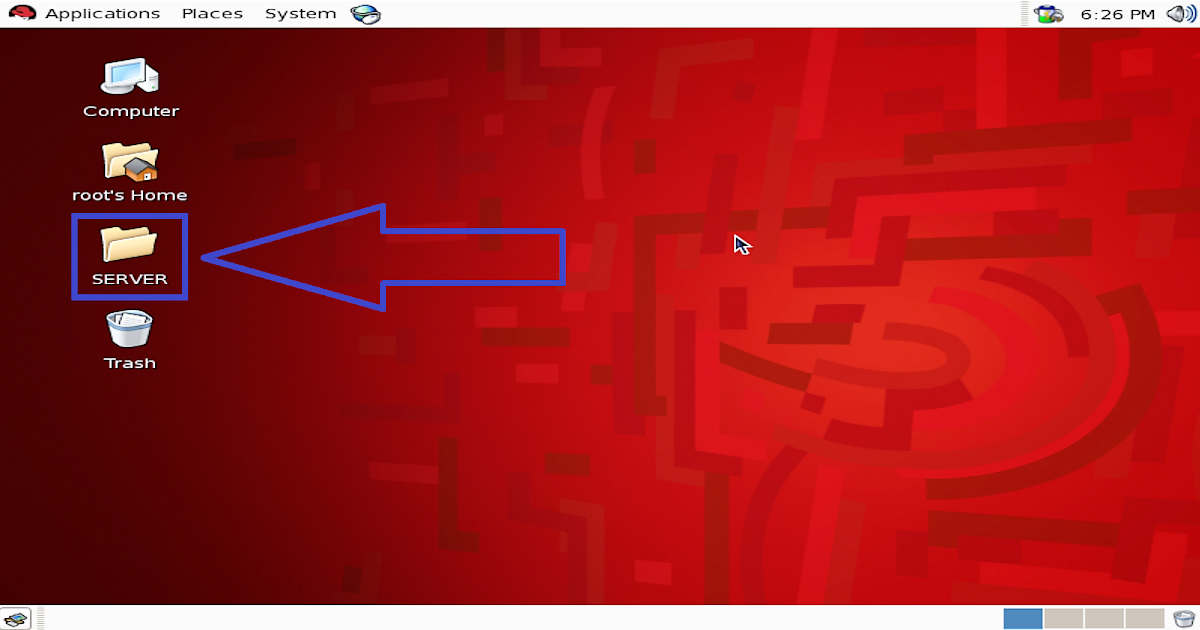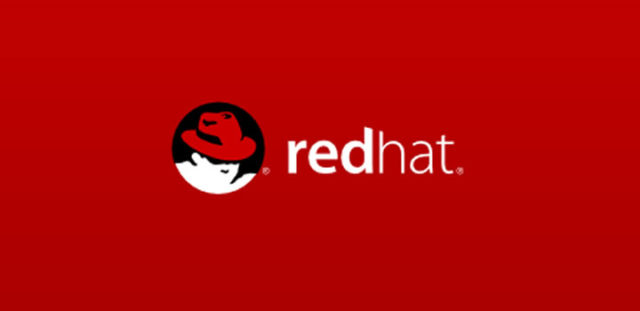
- RED HAT LINUX ISO MEGA INSTALL
- RED HAT LINUX ISO MEGA FULL
- RED HAT LINUX ISO MEGA SOFTWARE
- RED HAT LINUX ISO MEGA TRIAL
- RED HAT LINUX ISO MEGA PLUS
RED HAT LINUX ISO MEGA SOFTWARE
Red Hat Enterprise Linux Developer Workstation: Designed specifically to meet the needs of software developers, Red Hat Enterprise Linux Developer Workstation includes all the features of Red Hat Enterprise Linux Developer Suite with unlimited incident reports and 2-business-day or 4-business-hour responses. Red Hat Enterprise Linux Developer Suite: Intended for development purposes only, Red Hat Enterprise Linux Developer Suite is a self-supported Linux distribution and includes all Red Hat Enterprise Linux Add-Ons, Red Hat Software Collections, and the Red Hat Developer Toolset.

RED HAT LINUX ISO MEGA PLUS
Red Hat Enterprise Linux Workstation: Including all the capabilities and apps from Red Hat Enterprise Linux Desktop, plus development tools for provisioning and administration, Red Hat Enterprise Linux Workstation targets advanced Linux users working on more powerful systems, such as graphic designers, animators, and scientists.
RED HAT LINUX ISO MEGA FULL
Red Hat Enterprise Linux Desktop: With a full office productivity suite, KVM virtualization, and extensive hardware support, Red Hat Enterprise Linux Desktop enables users to be productive while benefiting from the robust and secure Red Hat Enterprise Linux foundation. RHEL is available in multiple variants, each targeting a different group of users, offering a unique assortment of features, and including a certain level of customer support. “Banks, stock exchanges, hospitals, and businesses that run the world’s leading websites choose Red Hat Enterprise Linux for the platform’s performance, stability, and security, which lets them implement mature and well-organized IT infrastructures across the enterprise.” Variants of Red Hat Enterprise Linux “Developers and Linux enthusiasts flock to Fedora for the latest features and the opportunity to directly collaborate with Red Hat engineering,” explains Red Hat on its website. While both RHEL and Fedora can be used for commercial purposes, only RHEL receives commercial support. New features are typically first made available to Fedora users and don’t make it to RHEL until they are polished. RHEL uses a much more conservative release cycle than Fedora. With the new version came a new pricing model and also Fedora Linux, a free, community-supported Linux distribution that functions as the upstream source of RHEL. RHEL was first released in 2000, after the discontinuation of Red Hat Linux. Red Hat Enterprise Linux and Its Relationship with Fedora Either way, it will do exactly what you need, and it is supported and free.Despite being around for two decades and being one of the most popular Linux server distributions, the pricing of Red Hat Enterprise Linux (RHEL), sometimes called Red Hat Linux, is still a common source of confusion, both among its existing users and those who are just thinking about making the switch.
RED HAT LINUX ISO MEGA INSTALL
CentOS 7 is very new, so you may prefer to install CentOS 6.6 which is very stable. As a matter of fact, I just installed CentOS 7 on my VMware Fusion, no problem.

The installer looks exactly the same as your image, except that it says "CentOS" instead of "RedHat", and you won't see the error message when you install it. I feel like a broken record, but I still urge you to consider CentOS. You said that you got it from WoodyZ's link, but perhaps it was an honest mistake.
RED HAT LINUX ISO MEGA TRIAL
* Maybe you got a full RedHat installer from another source, rather than downloading the trial or paying the fee to download the supported product. As Woody already asked, did you verify the hash against its published value? * Maybe your installer is corrupt and the error message is erroneous. It is not clear why - blocked communications from your system, a simple network outage at the wrong time, or something like that. * For some reason, the connection to the RedHat servers (mirror sites) should have worked, but didn't. It could not find a mirror for updates, so it failed.

* Because you have not paid for a RedHat subscription, the yum-rhn-plugin tried all of RedHat's servers (mirror sites) but none responded from the RedHat Network. Here are my best guesses about what happened: The following is based on a quick web search: The "yum-rhn-plugin" is the "RedHat Network" (rhn) plugin that is used to connect to RedHat's servers for updates. Don't ask me why I am helping you - I can't figure it out myself. You did not tell us whether you downloaded the trial version or paid the subscription fee to get the full version.

"error populating transaction after 10 retries:Packages/yum-rhn-plugin-2.0.1-. from anaconda: No more mirror to try. However while installing, it got aborted with following error message (attached the screenshot). Have installed Redhat server from given source location it look almost 17 hur


 0 kommentar(er)
0 kommentar(er)
